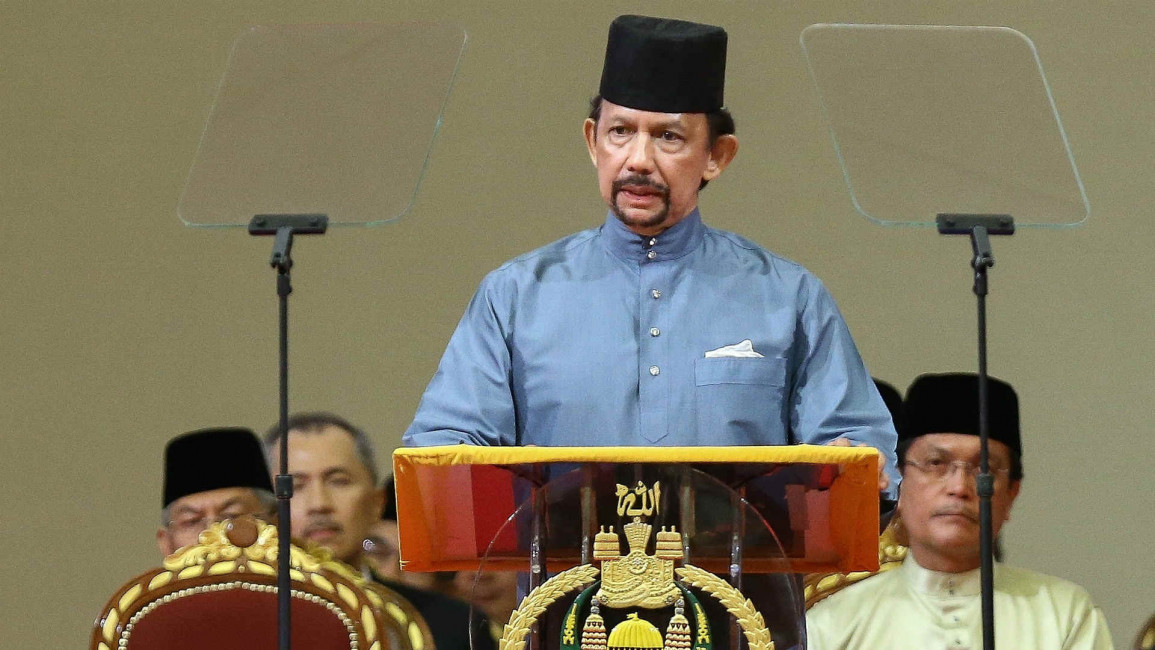Gay sex and adultery to be punished with death by stoning in Brunei
Adultery and gay sex in Brunei will be subject to death by stoning from next week, authorities said, under a strict interpretation of Sharia law that has been on hold for four years amid heavy criticism.
Rights groups have strongly condemned this latest move from Brunei, which practices a stricter brand of Islam than its neighbours, Malaysia and Indonesia.
The tiny sultanate will implement the harsh new penal code - which also prescribes amputation of a hand and foot for theft - from next Wednesday.
Homosexuality is already illegal in Brunei but it will now become a capital offence, although the law only applies to Muslims.
The new penalty for theft is amputation of the right hand for a first offence, and the left foot for a second offence.
Amnesty International Wednesday urged Brunei to "immediately halt" implementing the "vicious" punishments.
"To legalise such cruel and inhuman penalties is appalling of itself," Brunei researcher Rachel Chhoa-Howard said in a statement.
"Some of the potential 'offences' should not even be deemed crimes at all, including consensual sex between adults of the same gender."
A notice on Brunei's Attorney General's Chambers dated 29 December last year said the provisions will take effect on 3 April.
Brunei first announced the measures in 2013 but implementation has been delayed as officials worked out the practical details and rights groups voiced opposition.
Under a shift towards hardline Islamic law, Brunei in 2015 banned excessive Christmas celebrations for fear that Muslims could be led astray.
The 2014 Sharia Penal Code included fines or jail for offenses such as pregnancy out of wedlock or failing to pray on Friday.
The sultan, who has reigned since 1967, has previously said the Shariah Penal Code should be regarded as a form of "special guidance" from God and would be "part of the great history" of Brunei.
Follow us on Twitter: @The_NewArab



